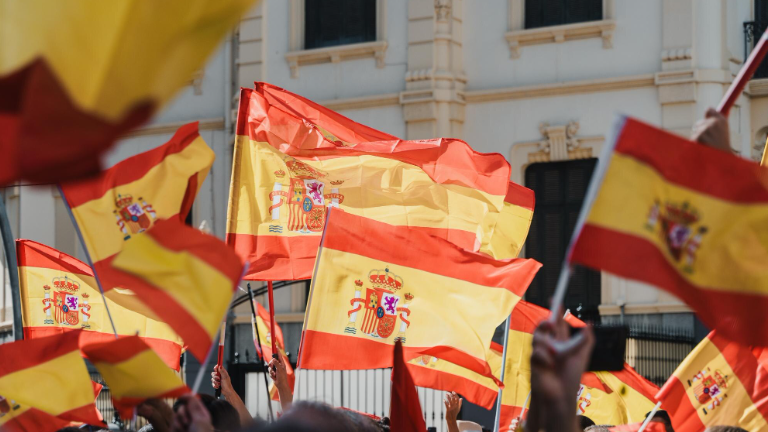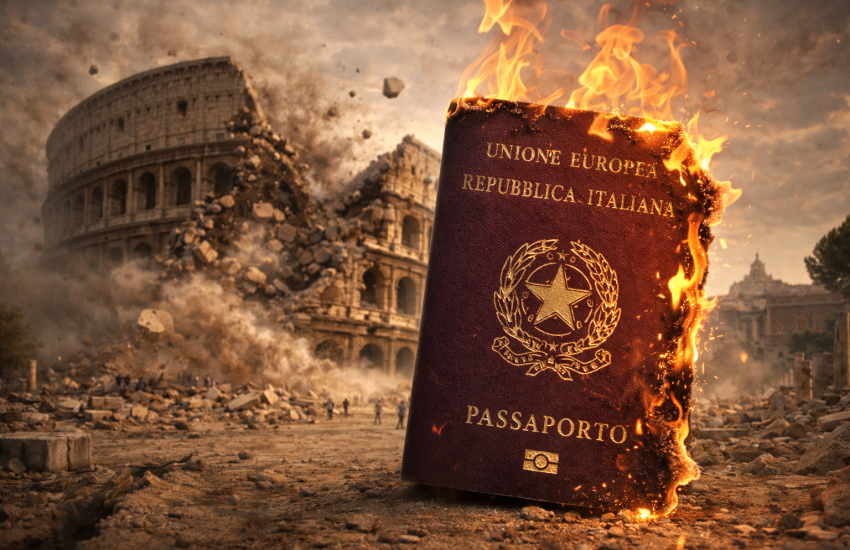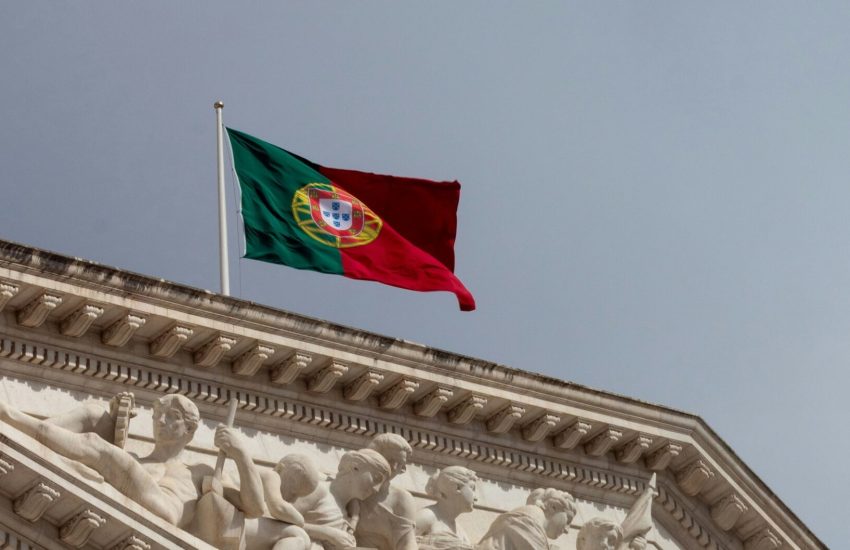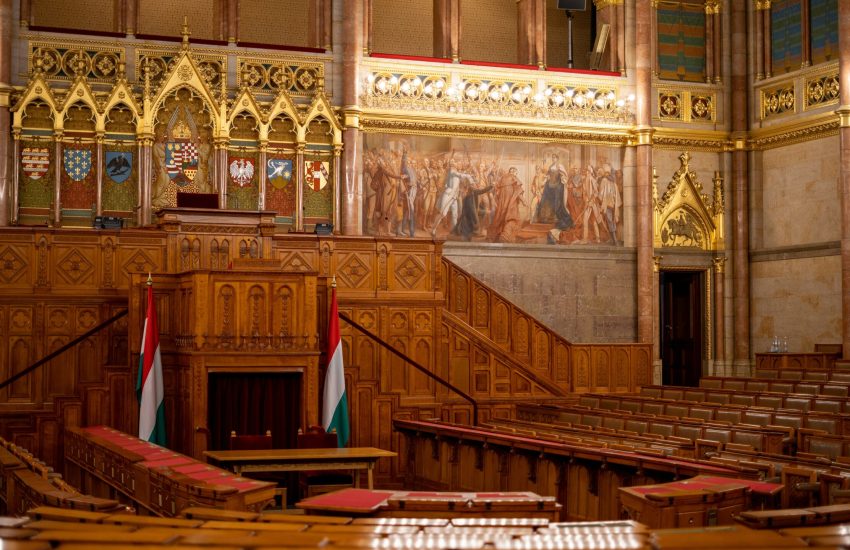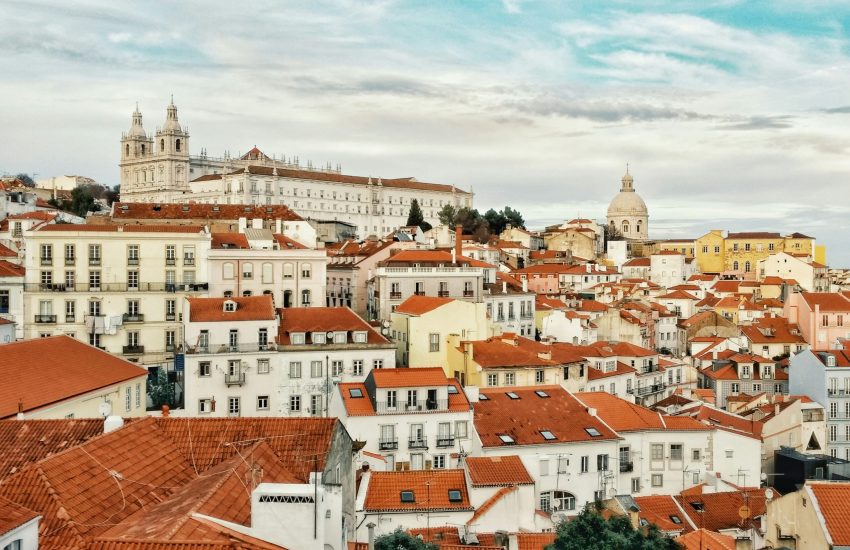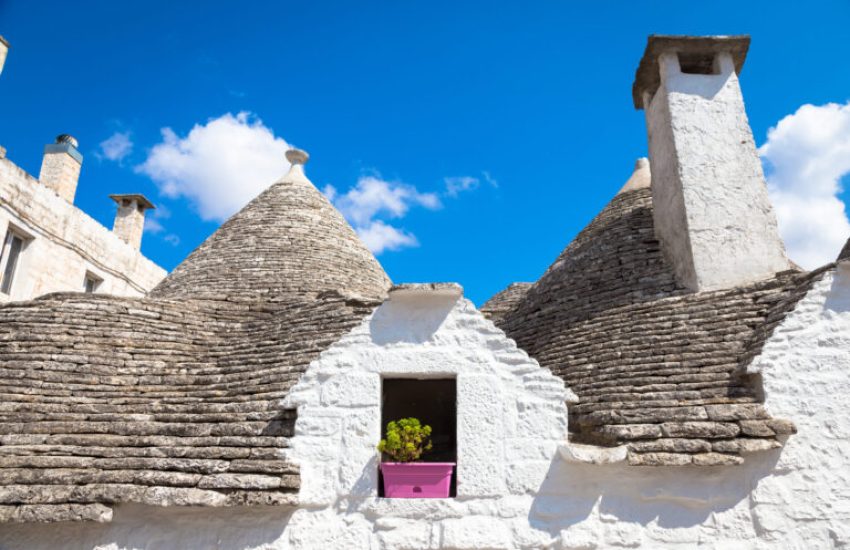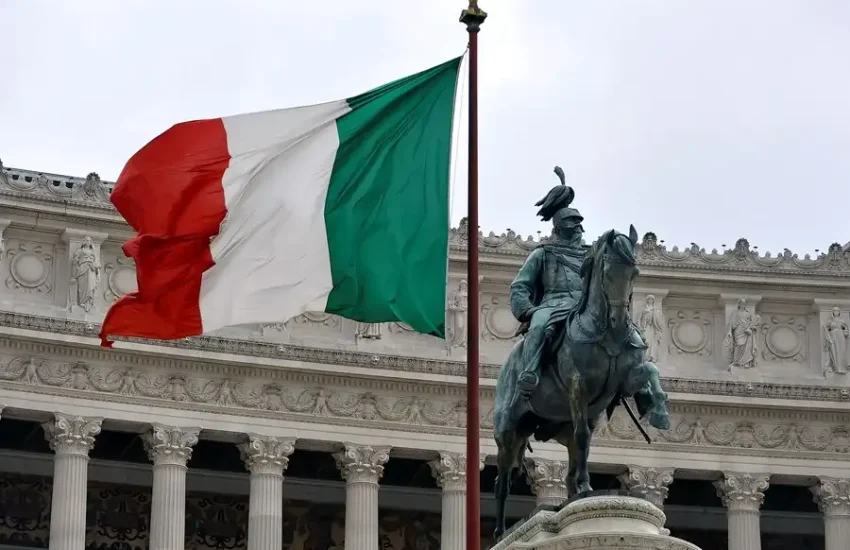The deadline to apply for Spanish citizenship through the Democratic Memory Law, known as the “Grandchildren’s Law,” ends on October 22, and the race against time is intensifying at Spanish consulates in Brazil.
In recent weeks, diplomatic offices have reported record lines, especially in São Paulo, where dozens of people have been waiting for service since the early hours of the day.
The law, approved in 2022 and extended only once in 2024, paved the way for children and grandchildren of Spaniards born outside the country to request citizenship with no age limit and without the need to reside in Spain.
The Final Deadline for a Historic Right
As the end of the regulation approaches, a sense of urgency is growing among descendants of Spaniards in Brazil. The current rule allows children, grandchildren, and even great-grandchildren of Spaniards to apply for citizenship, as long as they can prove ancestry through birth certificates, naturalization records, and consular documents.
Before the Grandchildren’s Law, citizenship transmission was restricted to children under 18 of naturalized Spaniards, leaving out an entire generation of descendants. Now, for the first time, entire families have been able to formalize their ancestral ties, an opportunity that expires in just a few days.
Lines, Stories, and Motivations
At the Spanish Consulate in São Paulo, more than 60 people lined up this week to submit documents. Student Marcelo Ducati, 20, saw in the law an opportunity to reconnect with his roots. “My great-grandmother was Spanish, and the law opened this door for all of us. It’s a way to reclaim our family history,” he said.
Another case is that of Vinicius Velasco, 18, who traveled more than 100 kilometers with his father to ensure his application was filed before the deadline. “It’s a card up my sleeve. I want the option to study or live in Europe,” he said, holding a folder full of documents.
Rising Demand and Overloaded Offices
The increase in applications has also driven a surge in activity among law firms specializing in European citizenship. Attorney Fábio Gioppo, nationality expert and CEO of Gioppo & Conti, estimates a 35% rise in demand in 2025 alone.
“It’s an unprecedented volume. Many people waited until the last minute, and now it’s practically impossible to start new cases from scratch,” he said. According to him, those who haven’t yet gathered all the necessary documentation will likely miss the October 22 deadline.
What Changes After October 22
Once the Grandchildren’s Law expires, only direct children of Spaniards by origin will retain the automatic right to citizenship. Grandchildren and great-grandchildren will have to comply with the general rules of the Spanish Civil Code, including minimum legal residence and proof of cultural connection.
The Spanish government has given no indication of another extension, making October 22 the definitive end of the exceptional pathway opened by the Democratic Memory Law.
Europe, Identity, and Mobility
For many Brazilians, the Spanish passport represents more than mobility: it symbolizes belonging and a bridge to the future. The opportunity to study, work, and move freely across 27 European Union countries has turned the law into a landmark of historical reconnection between Latin America and Spain.
As the lines grow and the deadlines shrink, a shared feeling spreads among citizenship applicants, that this is the last chance to restore a bond nearly erased by time.
